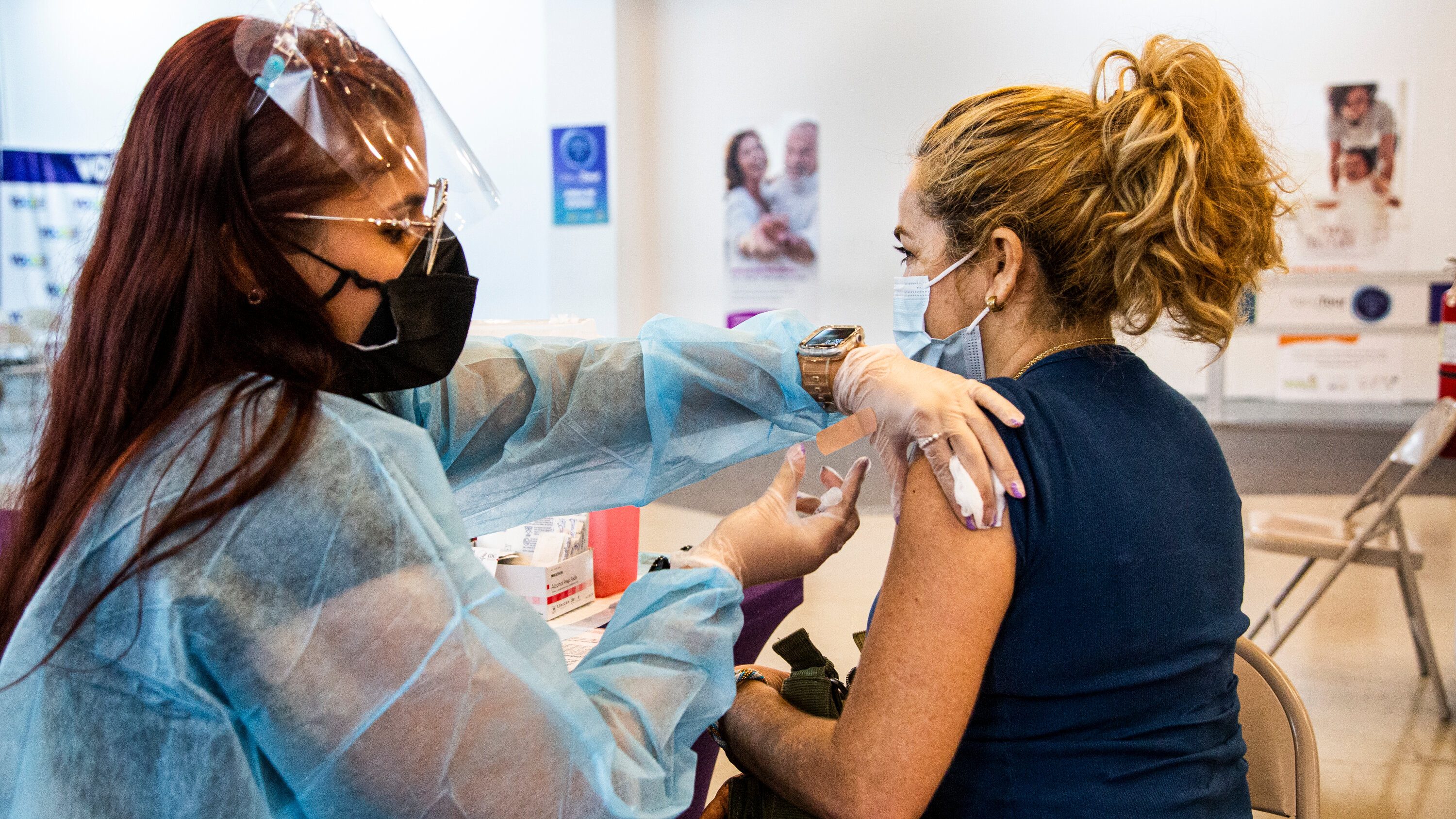A New COVID-19 Variant is Spreading Quickly: What You Need to Know
U.S. experts predict it could become the dominant strain, reports the Mirror. Eric Topol, director of the Scripps Research Translational Institute in California, stated that XEC is "just getting started now around the world and here."
Dr. Elizabeth Hudson, regional chief of infectious diseases at Kaiser Permanente Southern California, stated that health experts will keep a close watch on the variant in the coming weeks. Here, we break down everything known about XEC so far, including its symptoms and ways to protect yourself.
Symptoms of the XEC Variant
The primary symptoms of the XEC COVID variant, like other variants of the virus, are similar to those of common illnesses such as colds and the flu. While most people recover within a few weeks, recovery can take longer for some. In more severe cases, the illness may require hospitalization.
According to the NHS, the latest Covid-19 symptoms can include:
- High temperature or fever
- Continuous cough
- Loss of, or change in, your sense of smell or taste
- Shortness of breath
- Feeling tired or exhausted
- Headache
- Sore throat
- Blocked or runny nose
- Loss of appetite
- Diarrhoea
- Feeling sick or being sick
In recent years, some COVID variants have proven to be more severe than others. However, it will take a few more weeks or months for health experts to determine the severity of symptoms caused by the XEC strain.
How to Protect Yourself
To safeguard against the latest COVID variant, follow the same precautions as with previous variants, including staying up to date with vaccines and booster shots. While vaccines may not completely prevent infection, they remain the most effective defense against severe illness, hospitalization, and death.
Wearing a face mask, particularly in crowded or poorly ventilated indoor spaces, can also help protect you from the virus, especially if you're vulnerable or live with someone at higher risk. Improving indoor ventilation, where possible, can further reduce the risk of infection.
Keeping physical distance from others and avoiding large gatherings is also recommended. Maintaining good hygiene habits, such as washing your hands thoroughly with soap and water, is key. If you develop any symptoms or have been in touch with someone who is infected, you should isolate to prevent further spread of the virus.
What to Do if You Test Positive
The NHS advises that if you test positive or experience any COVID symptoms, it’s important to get plenty of rest and stay hydrated by drinking water to avoid dehydration. For discomfort, over-the-counter medications like paracetamol or ibuprofen can help ease symptoms.
For a cough, a teaspoon of honey may provide relief, though honey should not be given to babies under 12 months. If you're feeling breathless, try turning down the heating or opening a window, sitting upright, relaxing your shoulders, and leaning slightly forward. The NHS also suggests breathing slowly "in through your nose and out through your mouth, with your lips together as if gently blowing out a candle."
The Global Impact
Recent UK data shows a 4.3% week-on-week increase in COVID cases, with 102 COVID-related deaths in the week leading up to August 30. During the same week, 1,465 patients were admitted to hospitals with COVID. However, the UK Health Security Agency has yet to release specific data on the XEC variant.
While the XEC strain is a cause for concern, health experts are urging people to stay informed and follow the latest recommendations to mitigate the potential impact of this new variant. As with previous variants, staying vigilant, practicing good hygiene, and getting vaccinated are crucial steps to protect yourself and your community.
















